Featured
Why You Shouldn't Use Regular Conditioner as Leave-In Conditioner — And What to Use Instead
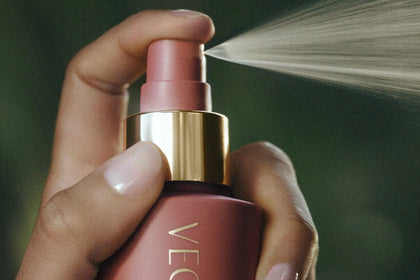

How Gentle Movement Supports Hair Wellness®
Read More
- Read More about How Gentle Movement Supports Hair Wellness®

How to Manage Your Stress for Healthier-Looking Hair by Spring
Read More
- Read More about How to Manage Your Stress for Healthier-Looking Hair by Spring

Your Post-Holiday Hair Hack: Reset With a Better Sleep Routine
Read More
- Read More about Your Post-Holiday Hair Hack: Reset With a Better Sleep Routine

Hair Porosity 101: How to Test It
& Build the Right Routine
Read More
- Read More about Hair Porosity 101: How to Test It
& Build the Right Routine

Karmatin™ Peptide 101: The Key to Stronger Hair
Read More
- Read More about Karmatin™ Peptide 101: The Key to Stronger Hair

The Stress-Hair Connection: How Mental Wellness Supports Healthy Growth
Read More
- Read More about The Stress-Hair Connection: How Mental Wellness Supports Healthy Growth
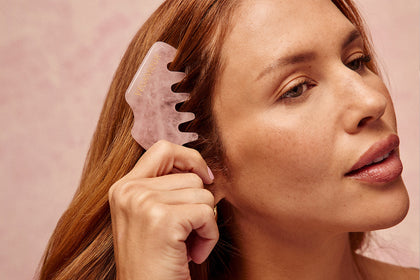
More Hair in Your Brush This Fall? Here's Why (and What to Do)
Read More
- Read More about More Hair in Your Brush This Fall? Here's Why (and What to Do)
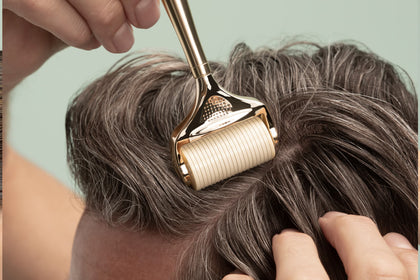
Yes, Men Can Use Vegamour! Here's a Starter Routine
Read More
- Read More about Yes, Men Can Use Vegamour! Here's a Starter Routine

Meet the New GRO+ Advanced Hair System from Vegamour
Read More
- Read More about Meet the New GRO+ Advanced Hair System from Vegamour
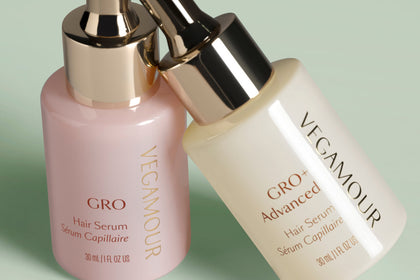
The Difference Between Vegamour’s GRO Collection and GRO+ Advanced System
Read More
- Read More about The Difference Between Vegamour’s GRO Collection and GRO+ Advanced System

What Is Forest Bathing? How the Japanese Relieve Stress Outdoors
Read More
- Read More about What Is Forest Bathing? How the Japanese Relieve Stress Outdoors

The Best VEGAMOUR Gifts for Every Type of Mom
Read More
- Read More about The Best VEGAMOUR Gifts for Every Type of Mom
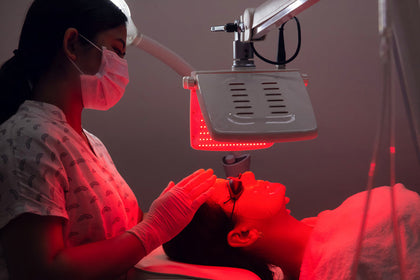
Red Light Therapy for Hair Loss: Does It Really Work?
Read More
- Read More about Red Light Therapy for Hair Loss: Does It Really Work?
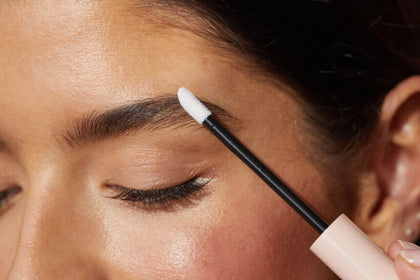
Get to Know VEGAMOUR's Brow Products
Read More
- Read More about Get to Know VEGAMOUR's Brow Products
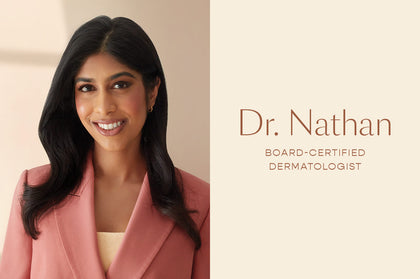
These Key Nutrients and Vitamins Are Important for Hair Health
Read More
- Read More about These Key Nutrients and Vitamins Are Important for Hair Health

A Curly Girl's Review of VEGAMOUR Shampoo & Conditioner
Read More
- Read More about A Curly Girl's Review of VEGAMOUR Shampoo & Conditioner
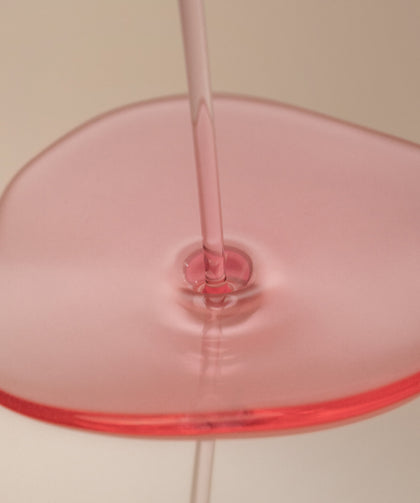
3 Reasons to Use a Hair Oil Formulated Without Silicones
Read More
- Read More about 3 Reasons to Use a Hair Oil Formulated Without Silicones
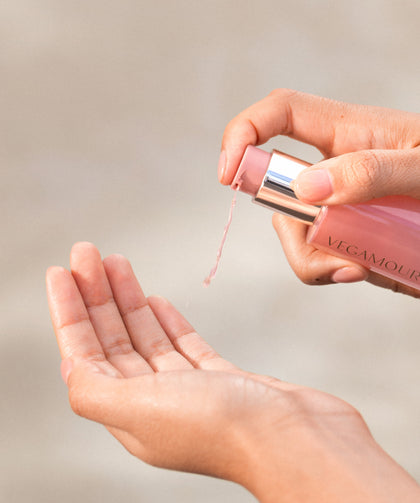
How to Apply VEGAMOUR's HYDR-8 Weightless Repair Oil
Read More
- Read More about How to Apply VEGAMOUR's HYDR-8 Weightless Repair Oil


